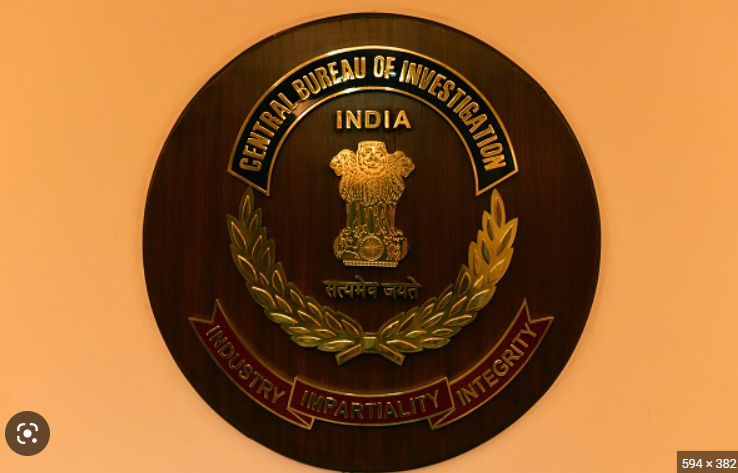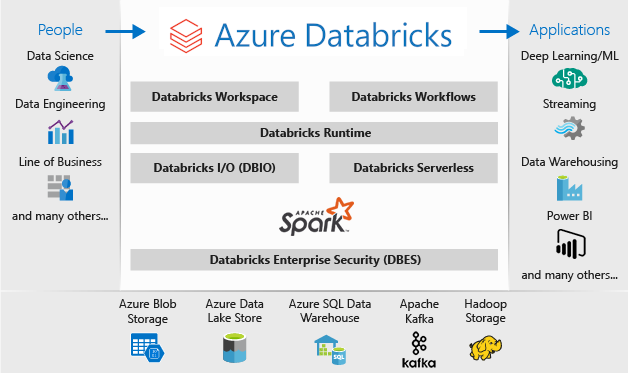Table of Contents
Introduction
In today’s fast-paced business world, effective project management methodologies have become a necessity. Scrum, an agile framework, has gained significant popularity due to its ability to enhance collaboration, boost productivity, and deliver high-quality results. Central to the success of any Scrum team is the role of the Scrum Master.
Defining the Scrum Master
A Scrum Master is a facilitator, coach, and servant leader who guides and supports the Scrum team in implementing Scrum principles and practices. They act as a bridge between the group and other stakeholders, ensuring smooth communication and fostering an environment conducive to collaboration and productivity.
Key Responsibilities of a Scrum Master
1. Facilitating the Scrum Process:
The Scrum Master plays a crucial role in enabling the Scrum team to understand and adhere to the Scrum framework. They organize and facilitate various Scrum events, including Sprint Planning, Daily Standups, Sprint Reviews, and Retrospectives. By ensuring these events are well-structured, the Scrum Master helps the team stay focused, align their efforts, and make informed decisions.
2. Removing Impediments:
Identifying and removing obstacles that hinder the team’s progress is one of the primary responsibilities of a Scrum Master. They act as a shield, protecting the team from external distractions and ensuring a smooth workflow. By actively listening to the team’s concerns and addressing them promptly, the Scrum Master empowers the team to work efficiently and meet their sprint goals.
3. Coaching and Mentoring:
A Scrum Master is a coach and mentor, guiding the team members on agile practices and helping them improve their skills. They facilitate continuous learning and encourage self-organization within the team. Through effective coaching, the Scrum Master fosters a culture of collaboration, accountability, and continuous improvement.
4. Ensuring Transparency:
Transparency is a core value in Scrum, and the Scrum Master plays a pivotal role in promoting it. They ensure that information about the project’s progress, challenges, and risks is readily available to all stakeholders. By facilitating open and honest communication, the Scrum Master helps build trust and enables informed decision-making.
5. Supporting Product Owner:
Collaborating closely with the Product Owner, the Scrum Master supports them in backlog management, prioritization, and refining user stories. They assist in ensuring that the product backlog is well-maintained and that the team understands the product vision and goals. This partnership between the Scrum Master and Product Owner is crucial for delivering a successful product.

Benefits of Having a Scrum Master
1. Improved Team Performance:
A skilled Scrum Master helps foster a high-performing team by creating an environment that encourages creativity, collaboration, and self-organization. They facilitate the team’s growth, ensuring that individuals can contribute their best and reach their full potential.
2. Enhanced Productivity:
Through effective facilitation, impediment removal, and coaching, a Scrum Master helps the team maintain a steady workflow. By addressing bottlenecks and promoting efficient collaboration, the Scrum Master boosts overall productivity and enables the timely delivery of high-quality increments.
3. Increased Stakeholder Satisfaction:
By ensuring transparency and facilitating open communication, the Scrum Master helps build strong relationships with stakeholders. Regular feedback and the ability to adapt to changing requirements contribute to stakeholder satisfaction, resulting in a product that aligns closely with their expectations.
4. Continuous Improvement:
The Scrum Master embodies the principle of continuous improvement within the Scrum team. By encouraging reflection and facilitating retrospectives, they help identify areas for improvement and drive the adoption of best practices. This leads to an iterative and incremental approach to product development, ensuring that the team learns from each sprint and delivers increasingly better results.
Certifications for Scrum Masters
In agile project management, Scrum has become a widely adopted framework due to its emphasis on collaboration, adaptability, and continuous improvement. To excel in the role of a Scrum Master and maximize their impact, professionals often seek certifications that validate their knowledge and expertise.
1. Certified ScrumMaster (CSM):
The Certified ScrumMaster® (CSM®) certification, offered by the Scrum Alliance, is one of the most recognized and sought-after certifications for Scrum Masters. It validates an individual’s understanding of Scrum principles, practices, and roles.
The CSM® certification equips Scrum Masters with the knowledge and skills to facilitate Scrum events, remove impediments, and promote collaboration within Scrum teams. It also emphasizes servant leadership and the ability to guide teams toward successful project outcomes.
2. Professional Scrum Master™ (PSM™):
The Professional Scrum Master™ (PSM™) certification, provided by Scrum.org, is another highly regarded certification for Scrum Masters. The PSM™ certification offers a rigorous assessment of an individual’s knowledge and proficiency in Scrum practices. It covers areas such as Scrum theory, Scrum framework, servant leadership, and facilitating Scrum events.
The certification is available in three levels – PSM™ I, PSM™ II, and PSM™ III – each representing different depths of understanding and expertise.
3. Agile Certified Practitioner (PMI-ACP®):
The Agile Certified Practitioner (PMI-ACP®) certification, offered by the Project Management Institute (PMI), is a comprehensive certification that covers various agile methodologies, including Scrum. While not exclusively focused on Scrum, it provides a broader understanding of agile principles, practices, and frameworks
4. SAFe® Scrum Master:
For those working in organizations adopting the Scaled Agile Framework® (SAFe®), the SAFe® Scrum Master certification is highly relevant. This certification, offered by Scaled Agile, validates the knowledge and skills required to effectively serve as a Scrum Master in a SAFe® environment. It focuses on understanding the principles of SAFe®, facilitating program execution, coaching teams, and enabling agile practices at scale.
5. Scrum@Scale® Practitioner:
Scrum@Scale® Practitioner certification, developed by Dr. Jeff Sutherland, co-creator of Scrum, provides in-depth knowledge of scaling Scrum across multiple teams, departments, or organizations. This certification equips Scrum Masters with the tools and techniques to facilitate large-scale Scrum implementations, ensuring alignment, collaboration, and value delivery across the enterprise.
Also, read NFT































Comment on “Scrum Master – Definition, Responsibility, Benefits”
Comments are closed.